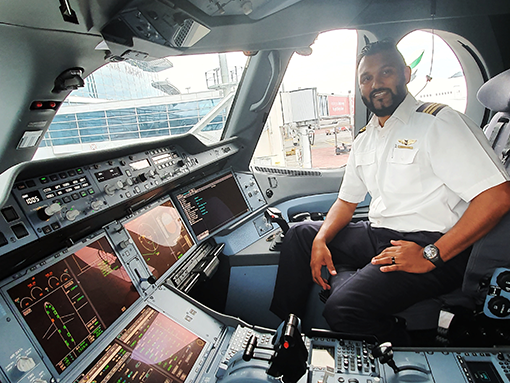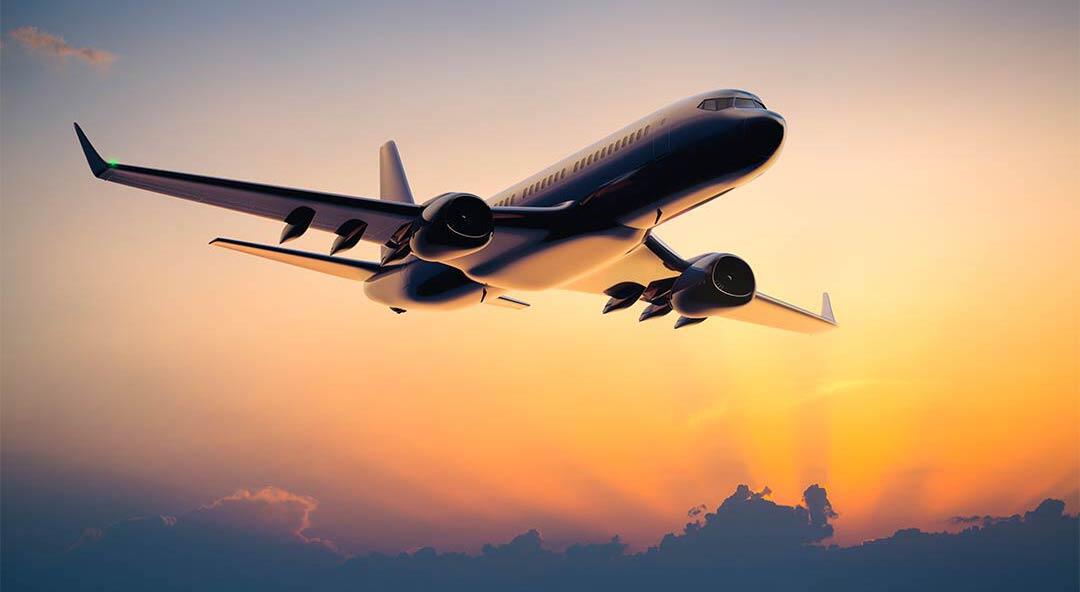-
Aviators: Relate years of flying experience and reinforce passion for aviation.
-
Participant stories: Allow nervous flyers to share what scares them most. This validates their fear and guides presenters in addressing specific concerns.
-
Simplify lift, drag, thrust, and weight. There are no complex formulas, just the principles of what keeps a plane airborne.
-
Address how these forces come together in different phases – take-off, cruise, and landing.
-
Discuss design components: wings, engines, redundant systems built for safety.
- The truth about turbulence
-
Likening turbulence to bumps on a road versus catastrophic danger.
-
How aircraft are designed to withstand most turbulence.
-
What actions do pilots take when they encounter rough air?



cropped%20.jpg?height=2000&name=FlightXcellence%20(5)cropped%20.jpg)